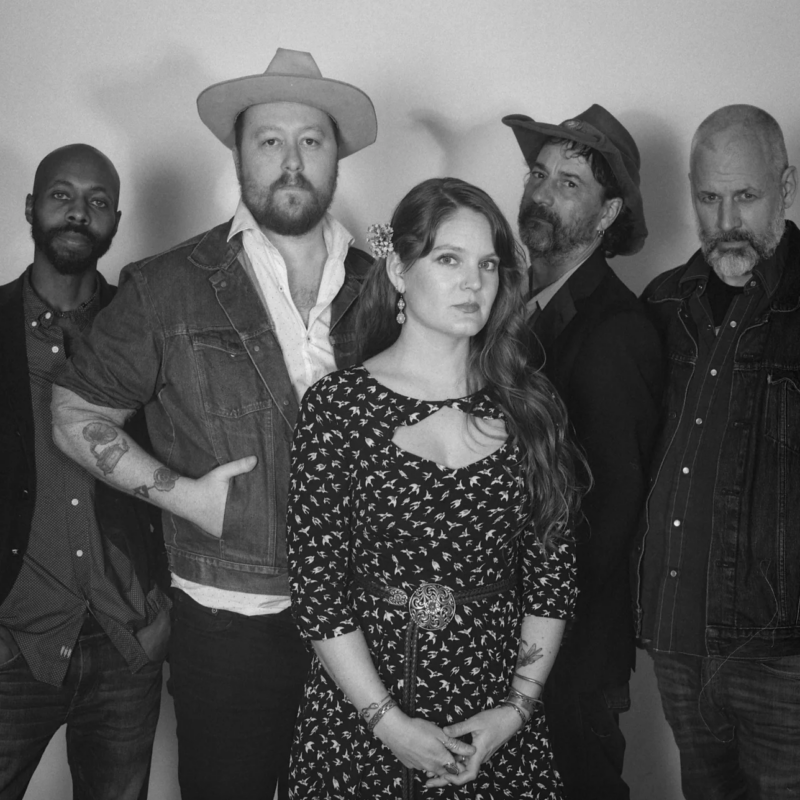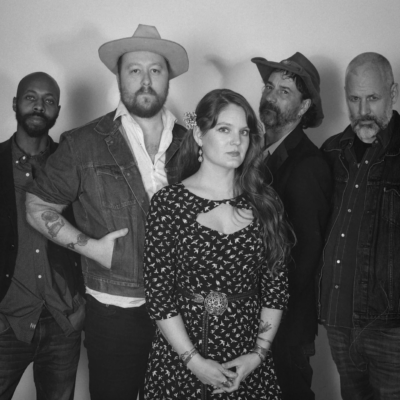The Longest Ride, like all Nicholas Sparks movies, is overlong, contrived and blatant in its pandering. Yet by being one of the most preposterous Sparks adaptations yet—a mishmash of pop-country neo-Americana with Barry Levinson-esque nostalgia and good old-fashioned sexy wish fulfillment—there is enjoyment (or at least begrudging respect) to be found in how openly and proudly it wears its emotional salesmanship on its sleeve as the cinematic embodiment of the salesman’s non-sequitur.
Imagine you’re on the phone with an insurance agent. You’ve told them time and time again that you’re not interested and are seconds away from hanging up in frustration when the agent fetches the manager. The manager hears your refusal and the reasons why, then from out of nowhere starts talking about the weather, golfing, family camping trips, anything at all to catch you off guard. It sounds ridiculous, but the distraction prevents your anger from taking root; they’re then able to cynically appeal to your sense of empathy to get you at your most malleable and open to suggestion. They can give you exactly the same pitch you heard before, only this time you buy into it.
This is exactly what The Longest Ride does to get through to you. First it gets you to buy a ticket because of sexy heartthrobs Britt Robertson (bookish art student) and Scott Eastwood (studly rodeo star), who we quickly learn have no on-screen chemistry. Then within 15 minutes, we meet Alan Alda whose much more interesting love story is told through flashbacks, as we watch Jack Huston and Oona Chaplin as a Jewish couple in 1940s and ’50s North Carolina struggling to make it work through war, sterility and personal sacrifice. Before things get too sappy, we come back to the present so we can spend all of our emotional capital for the endearing Huston and Chaplin on the stiff Robertson and Eastwood, who never earned it in the first place. Repeat this jarring transition from past to present, slap on an Upworthy “You’ll never believe what happens at 110 minutes” ending, and you’ve been taken on an emotional ride despite not actually buying into anything that actually takes place.
Truth be told, you probably already know if you’re going to see this movie. It does its job dutifully, and if this sort of thing works on you, then don’t let the bad reviews deter you because this movie is on top of its game. (To quote the people sitting behind me at the advance screening: “It was way better than Fifty Shades of Grey.” “Yeah, because it’s real life.” That is the target demographic, not me.)
In a way, I’m fine with people enjoying movies that are this particular kind of bad and dishonest because at least it fulfills its purpose. But if you’re not a fan of filling your heart with blood that belongs in your brain, the sales angle is the only way you’ll tolerate this movie; the two plot threads do not complement each other, the framing device is nothing more than a way of padding out two incomplete stories and it manages to be incredibly sentimental yet totally soulless.
Playing this week
Cinderella
The Divergent Series: Insurgent
Furious 7
Get Hard
Home
It Follows
Mr. Turner
The Second Best Exotic Marigold Hotel
Seymour: An Introduction
What We Do In The Shadows
Woman in Gold
Regal Stonefield 14and IMAX
244-3213





